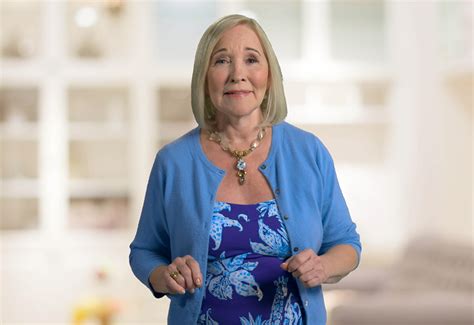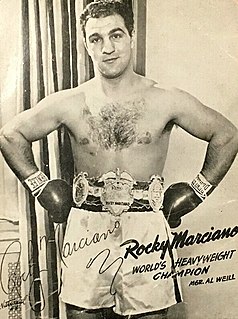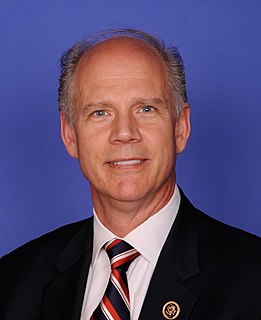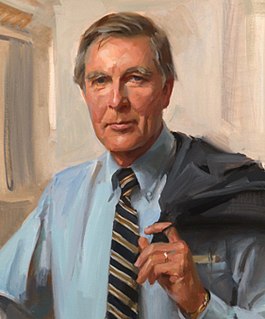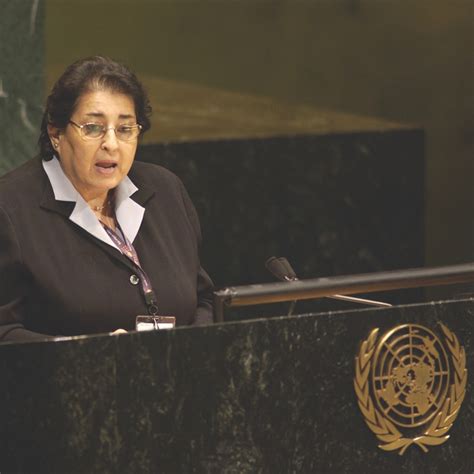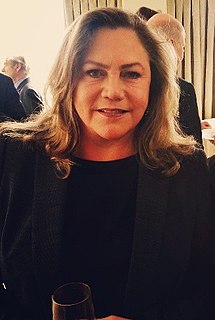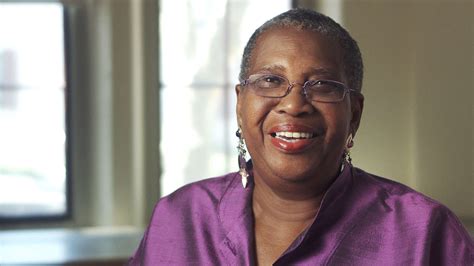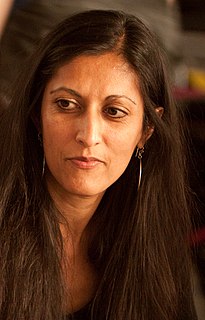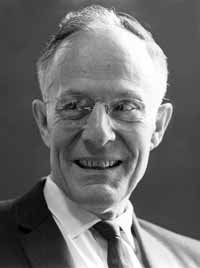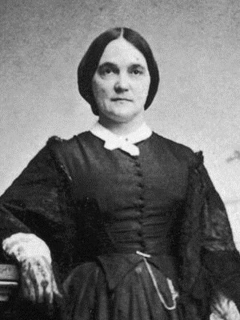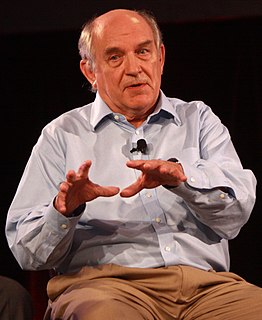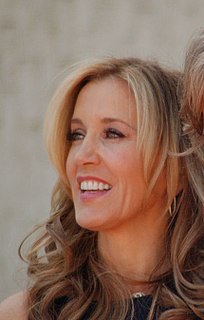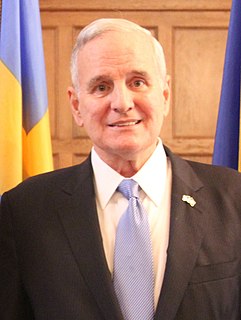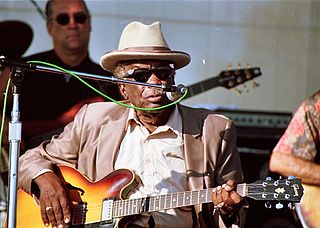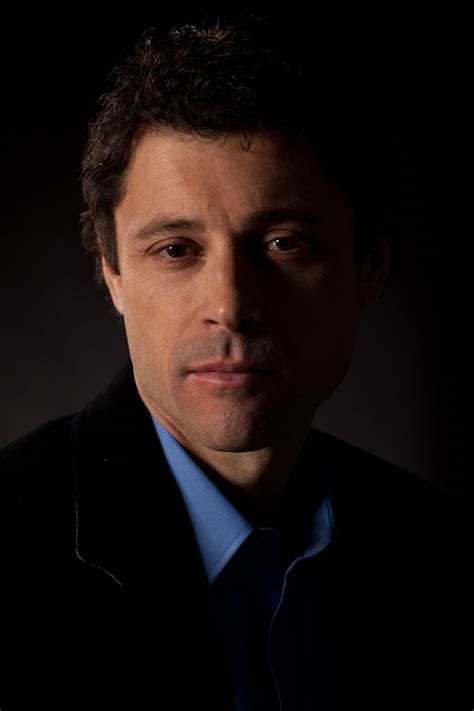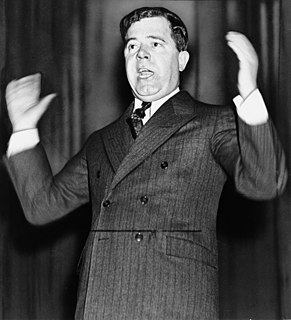Top 1200 Poor Health Quotes & Sayings - Page 14
Explore popular Poor Health quotes.
Last updated on November 15, 2024.
Your emotions are your inner guidance system. They alone will let you know whether you are living in an environment of biochemical health or in an environment of biochemical distress. Understanding how your thoughts and your emotions affect every single hormone and cell in your body, and knowing how to change them in a way that is health-enhancing, gives you access to the most powerful and empowering health-creating secret on earth.
Mental strength is not the same as mental health. Just like someone with diabetes could still be physically strong, someone with depression can still be mentally strong. Many people with mental health issues are incredibly mentally strong. Anyone can make choices to build mental strength, regardless of whether they have a mental health issue.
The evidence here, as elsewhere, suggests that education is certainly relevant, but more because better education is associated with general differences in patterns of life than because discrete parts of a lifestyle can be changed. Health-change policies which focus entirely on the individual may be ineffective not only because exposure to health risks is largely involuntary, but also, as this study has shown, because of unwarranted assumptions about the extent to which behaviour can, in these circumstances, be effective in improving health.
Furthermore, we believe that health care reform, again I said at the beginning of my remarks, that we sent the three pillars that the President's economic stabilization and job creation initiatives were education and innovation - innovation begins in the classroom - clean energy and climate, addressing the climate issues in an innovative way to keep us number one and competitive in the world with the new technology, and the third, first among equals I may say, is health care, health insurance reform.
We also know that the various faith-based institutions provide about 50 per cent of the health and education services in the poor communities; we also know that they have a large constituency including women and youth; they have outreach and networks and they are credible to their people. If we want to achieve the Millennium Development Foals by scaling up the responses of all the communities, do we ignore this large investment in people? Or do we engage in dialogue and in action?
Most of the people in the world are poor, so if we knew the economics of being poor, we would know much of the economics that really matters. Most of the world's poor people earn their living from agriculture, so if we knew the economics of agriculture, we would know much of the economics of being poor.
That eating should be foremost about bodily health is a relatively new and, I think, destructive idea-destructive not just the pleasure of eating, which would be bad enough, but paradoxically of our health as well. Indeed, no people on earth worry more about the health consequences of their food choices than we Americans-and no people suffer from as many diet-related problems. We are becoming a nation of orthorexics: people with an unhealthy obsession with healthy eating.
One of the issues I think is very important, in many communities of color, there's a stigma about mental health. We find that the shaming that comes from acknowledging that one may have some issues that may relate to mental health, often people are not willing to go and seek additional help because of that shaming or that cultural stigma that's associated with it. And I think that we need to make this change in how people approach mental health.
The care of every man's soul belongs to himself. But what if he neglect the care of it? Well what if he neglect the care of his health or his estate, which would more nearly relate to the state. Will the magistrate make a law that he not be poor or sick? Laws provide against injury from others; but not from ourselves. God himself will not save men against their wills.


